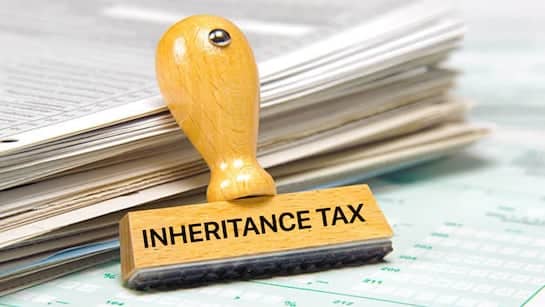Impôt sur le revenu des personnes physiques
Belgique
Les revenus locatifs sont imposés par le biais de l'impôt sur le revenu des personnes physiques (IPP). Le revenu locatif est basé sur le revenu cadastral indexé (RC), majoré de 40 %. Ce montant est ajouté aux autres revenus du contribuable et est soumis aux taux progressifs, allant de 25 % à 50 %.
Si le bien est loué à une entreprise ou pour des activités professionnelles, l'imposition est basée sur le loyer réel perçu, après déduction des frais réels ou forfaitaires.
Certaines réductions ou exonérations fiscales peuvent s'appliquer, par exemple pour les rénovations énergétiques ou les investissements dans le logement social.
Dubaï
Il n'y a pas d'impôt sur le revenu des personnes physiques. Les revenus locatifs ne sont donc pas imposés, ce qui en fait une juridiction très attrayante pour les investisseurs.





